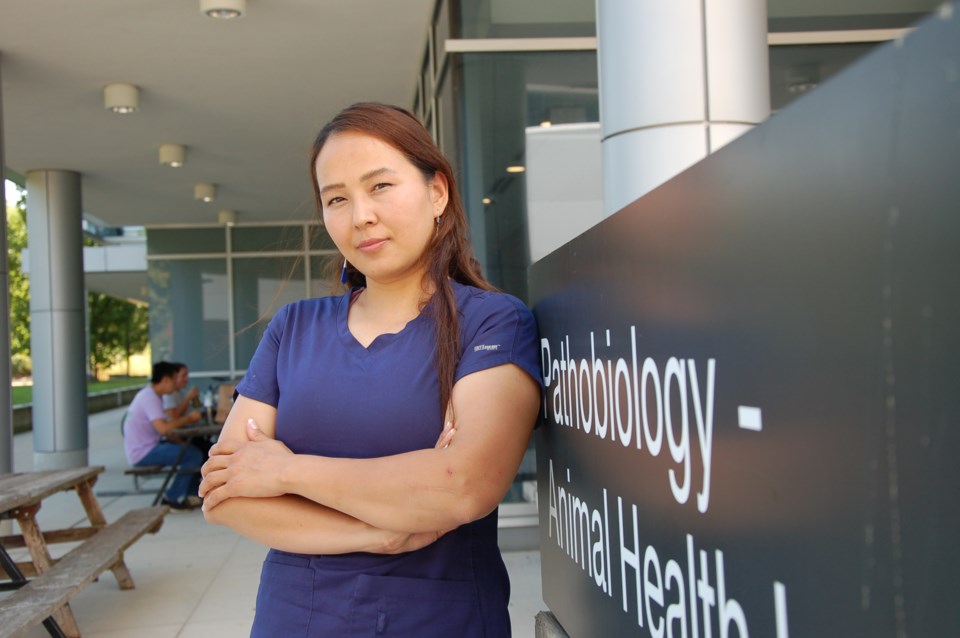When Nasrin Husseini fled Afghanistan and settled in Canada in 2010, she did so in large part to escape the discrimination she faced as an educated woman. It had been nearly a decade since the Taliban was ousted from power, and while society was somewhat more accepting than it had been, opportunities for women and girls remained limited.
With the Taliban in control of much of the country once again, the Guelph resident fears for women and girls, as well as visible minorities, under its rule.
“I couldn’t believe that happened,” she said of the Taliban takeover. “It’s horrible.”
An entire generation has come into existence since the Taliban was last in control of the country – a time when girls were banned from going to school, females faced intense discrimination and often suffered physical abuse in the name of Sharia law.
“Those are very, very difficult rules,” Husseini said, adding she questions whether women are willing to return to that way of life. “I don’t think that they can accept it this time. … There will be a civil war coming.”
During the past 20 years, many women have become educated and started careers. They’re not going to want to give that up, she said.
Husseini’s voyage to Canada came via the United States, where she initially accepted a scholarship. However, a few months later, and after learning more about Canada from a friend attending the University of Guelph, she decided to head north where the process of sponsoring her parents and five sisters to join her is “more flexible.”
Thanks in large part to decisions made by her parents, Husseini has never lived under direct Taliban rule. As an infant, her family moved from Afghanistan to Iran in order to escape the war and only returned after the Taliban was removed from power.
She also benefited from her father’s encouragement to get an education, to stand up for her rights and not have to depend on a man to survive.
With this in mind, she enrolled in the five-year veterinary medicine program at Kabul University.
“It was strange and awkward, I think, for men in the society to see women outside (without their husbands) and especially to be with them in the class,” Husseini said, explaining it was particularly “difficult” during farm visits that focused on reproductive issues. “We had quite a hard time to study.”
Husseini said she was one of two women in the class, along with about 70 men.
She departed for North America within a few months of graduation. Husseini said that having graduated at the top of her class, she would have been steered toward academia in Afghanistan and that’s not what she wanted.
Husseini said she was an active advocate for women’s rights, which “wasn’t welcome” by many people.
“I was scared for my safety,” she said. “Even though there was a government, things can happen and I didn’t feel safe, so I left the country.”
Following her arrival in 2010, Husseini completed a U of G masters program in immunology and is currently working there as a researcher while she studies to earn her veterinary licence.
She was joined in Guelph by her parents and five sisters in 2018. Husseini has since passed her citizenship exam and is awaiting full Canadian citizenship status.
Husseini is Hazara, which is one of Afghanistan’s largest ethnic minorities – a group targeted by Taliban violence and oppression even since 2001. She fears that’s only going to get worse, and because Hazara is a visible minority, there’s no way to avoid showing it.
Asked what advice she’d offer to the women and girls of Afghanistan, Husseini urged them not to hide and wait for the Taliban to declare the rules it wants people to follow. Rather, they should continue going outside unescorted and, while dressing conservatively, not to cover up entirely as was previously required.
“Don’t give them what they want. … Go about your normal life,” she said. “We should go out with what we want, and show them, and let them get used to it.”
